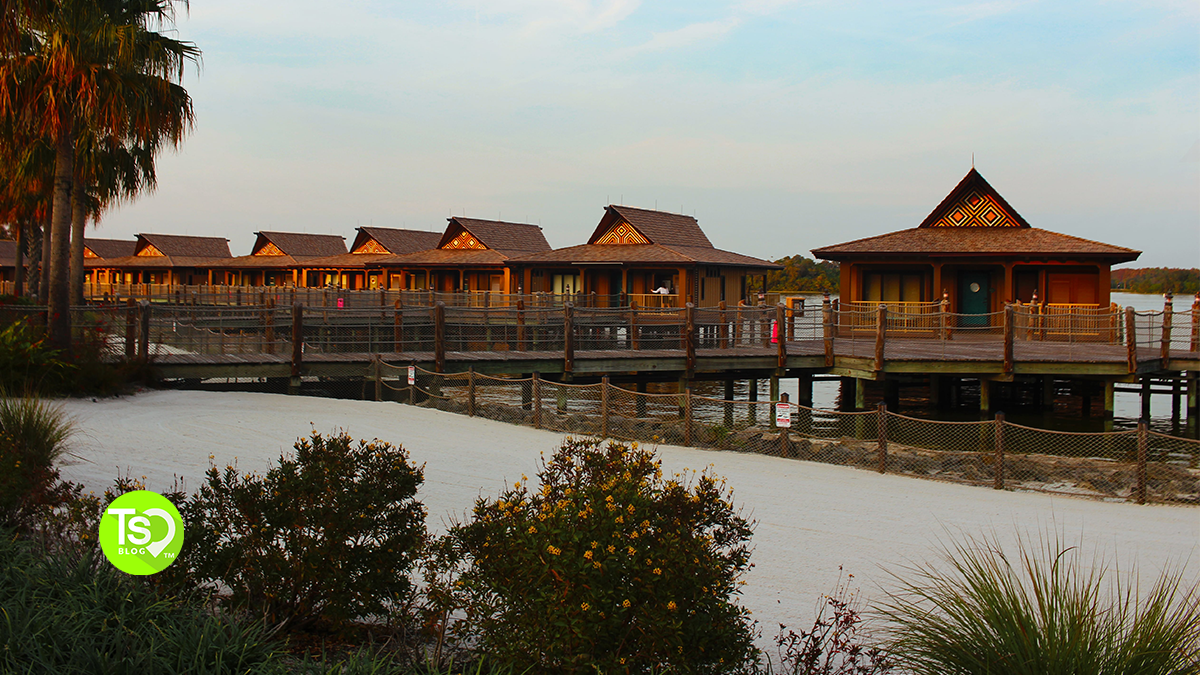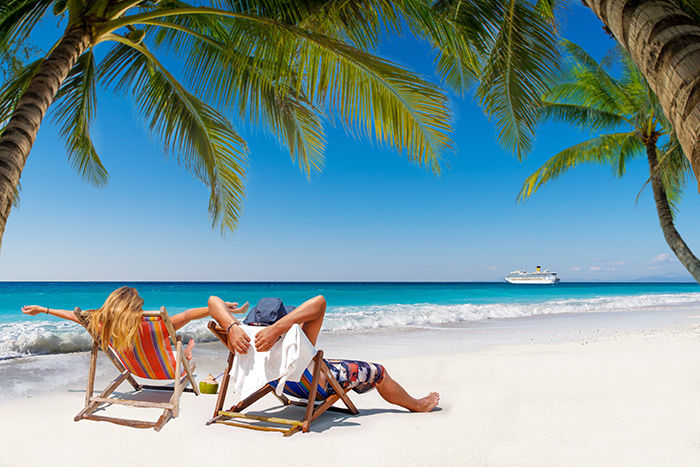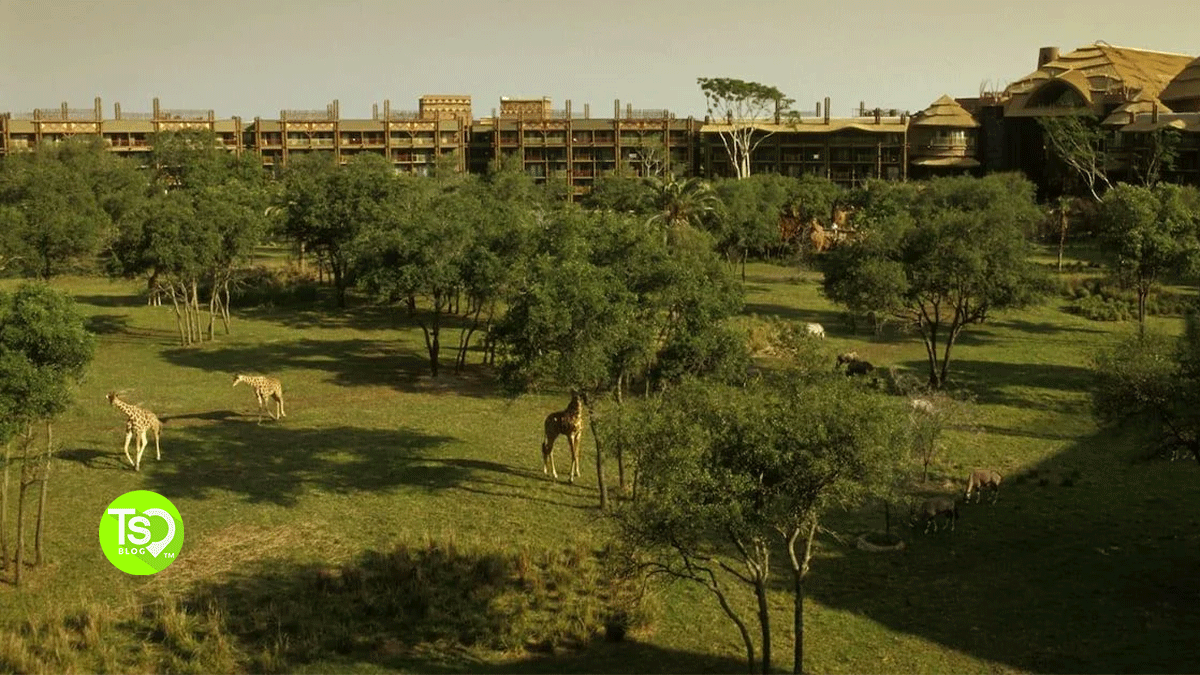Disney Vacation Club is perhaps one of the most popular timeshare brands among families, and of course, Disney adults. The Disney timeshare brand revolutionized vacation ownership as we know it today, offering flexible points-based ownership, special perks and discounts, and beautiful resort properties around the country.
Currently, there are fifteen DVC resorts. Each one dazzles owners with various unit sizes, fun amenities for everyone, world-class dining experiences, and even character appearances.
What is a Disney Timeshare?
Known as Disney Vacation Club, or DVC for short, Disney timeshares allow Disney lovers and families the ability to own a piece of their favorite resort with priority access to make reservations. Owners can stay in the top Disney resorts in Orlando, California, Hilton Head Island, Hawaii, or Vero Beach.
The first Disney Vacation Club property opened its doors in 1991 and has since massively grown with fifteen resorts across the United States. To become a member of the Disney Vacation Club, you can purchase DVC points while on a timeshare presentation or the DVC resale market.
Disney Vacation Club Timeshare Resorts
There are fifteen Disney timeshare resorts within the United States, eleven on Walt Disney World property in Orlando. When you buy a Disney timeshare, you select one of the resorts as your “Home resort,” which is the property where your ownership deed is.
Your home resort is the property you have priority booking access to, so choosing the one you plan to travel to the most is essential.
15 DVC Home Resorts
- Disney’s Animal Kingdom Villas – Orlando, Florida
- Aulani, Disney Vacation Club Villas, Ko Olina, Hawai’i – O’ahu, Hawaii
- Bay Lake Tower at Disney’s Contemporary Resort – Orlando, Florida
- Disney’s Beach Club Villas – Orlando, Florida
- Disney’s BoardWalk Villas – Orlando, Florida
- Boulder Ridge Villas at Disney’s Wilderness Lodge – Orlando, Florida
- Copper Creek Villas & Cabins at Disney’s Wilderness Lodge – Orlando, Florida
- The Villas at Disney’s Grand Californian Hotel – Anaheim, California
- The Villas at Disney’s Grand Floridian Resort – Orlando, Florida
- Disney’s Hilton Head Island Resort – Hilton Head Island, South Carolina
- Disney’s Old Key West Resort – Orlando, Florida
- Polynesian Villas & Bungalows – Orlando, Florida
- Disney’s Riviera Resort – Orlando, Florida
- Saratoga Springs Resort – Orlando, Florida
- Disney’s Vero Beach Resort – Vero Beach, Florida
Besides stellar locations, every DVC resort has a unique magical theme that transports guests with each atmosphere. For example, Disney’s Animal Kingdom Villas is a favorite because it makes guests feel like exploring the savannas on an African safari. With real exotic animals on the property, you can spot giraffes, zebras, flamingos, and more.
The newest resort to join the Disney timeshare portfolio is Disney’s Riviera Resort. The theme of the Riviera comes from the inspiration that Walt Disney himself found while he was visiting Europe’s Mediterranean coast. You’ll find grand archways, 20th-century furnishings, and various influences of the Mediterranean throughout the property. Of course, the best part of owning a Disney timeshare is using points to stay at any of the resorts and experience each of them.
How Disney Timeshare Works
Disney Vacation Club works by offering points-based ownership, meaning owners receive an annual allotment of points that they can spend like vacation currency. When you purchase a DVC timeshare, your contract indicates how many points you receive every year.
Things like your average party size, the time of year you prefer to travel, and which resort you plan to vacation to the most can determine how many points you will need. One of the benefits of DVC is the ability to also bank points that you don’t use for the year into next year’s allotment or borrow points from next year instead.
What is a DVC Use Year?
Every owner is assigned a “Use Year” when purchasing their DVC points. Despite what you may think, DVC Use Year refers to a month, not a year. Your Use Year (UY) is the month in which you receive your annual allotment of points. There are eight Use Years to consider: February, March, April, June, August, September, October, and December.
Not every resort offers the same Use Year contracts, but no Use Year is better than the other. Ideally, you’ll want to choose a Use Year that coincides with when you usually travel. Also, it’s best to travel as soon as possible once you enter your Use Year. That is because if you cancel your reservation within 30 days of check-in, your points will go into a holding account. When points enter a holding account, you must spend them by your next Use Year, or else they will expire.
You cannot bank points in your holding account and can only use them to make a reservation no more than 60 days in advance. DVC points are valuable, so you don’t want to let them go to waste!
Your Use Year also indicates when your points must be banked by if you choose to do so for the following year. For example, if you plan to bank your points, you must do so within the first eight months of your Use Year.
How Far in Advance Can You Make Reservations at a Disney Timeshare Resort?
Disney timeshare owners can make reservations up to 11 months before check-in at their Home resort. That’s why taking the time to choose your Home resort is so important! Often, Disney properties sell out fairly quickly, especially during the holiday seasons or spring. So if you’re hoping to make a reservation, say during Christmas week or New Year’s, you should plan to make your reservation in January.
If you plan on staying at a different resort other than your home resort, you only have up to seven months in advance to make reservations. Unfortunately, it’s not easy to make reservations outside your Home resort during highly popular seasons, so planning is key.
DVC Contract Expiration Dates
Some may see this as a drawback, but all DVC contracts have an expiration. Every owner that owns points at the BoardWalk resort, for example, will have an expiration date of 1/31/2042. Despite what you may think, it’s not because DVC sells right-to-use (RTU) timeshares. Disney Vacation Club leases land for each resort property from Disney Vacation Development, Inc. Every resort contract has the same expiration date for every owner, making Disney timeshares different from RTU timeshares.
Typically, every resort contract lasts up to 50 years from the time of opening.
| Resort | Expiration |
| Vero Beach Resort | 1/31/2042 |
| Hilton Head Island Resort | 1/31/2042 |
| BoardWalk Villas | 1/31/2042 |
| Boulder Ridge at Wilderness Lodge | 1/31/2042 |
| Beach Club Villas | 1/31/2042 |
| Old Key West | 1/31/2042 – or – 1/31/2057 |
| Saratoga Springs Resort | 1/31/2054 |
| Animal Kingdom Villas | 1/31/2057 |
| Bay Lake Tower | 1/31/2060 |
| Grand Californian | 1/31/2060 |
| Aulani | 1/31/2062 |
| Grand Floridian | 1/31/2064 |
| Polynesian | 1/31/2066 |
| Copper Creek at Wilderness Lodge | 1/31/2068 |
| Riviera Resort | 1/31/2070 |
No one knows what will happen when we approach these expiration dates. Also, Old Key West has two expiration dates listed because, in 2007, Disney gave owners the option to pay to extend their contracts for 15 years.
How Many Disney Timeshare Points Do You Need?
If you go on a Disney timeshare tour, the sales representative can help you best determine how many DVC points you will need. It’s best to research the DVC point charts that Disney releases every year, showing how much each resort costs in points during every season and unit type.
Some things to keep in mind when you are wondering how many DVC points you will need includes:
- The season you are most likely to travel during every year. High seasons at Walt Disney World resorts include the holiday months, fall, and spring break. If you plan to make reservations during these times, expect to spend more on points.
- The number of people traveling with you. Larger families will need more space, of course. One of the many benefits of Disney timeshare ownership is the spacious accommodations with multiple bedrooms, fully-equipped kitchens, and even living room areas.
- The popularity or demand of your Home resort. The newer Disney Vacation Club properties tend to be in higher demand than others, so they cost more in points.
How to Buy a Disney Timeshare
If you decide that a Disney timeshare is worth it, you can buy DVC points directly from Disney Vacation Club. At every DVC property, there is usually a desk or kiosk in the main lobby where you can inquire about membership and sign up for a tour.
On a DVC timeshare tour, a sales representative will walk you through how the Disney timeshare program works, how to use DVC points, and even let you see inside of a DVC villa on the property. By the end of the presentation, you’ll be able to purchase right away and begin the closing process.
DVC Resales
Some savvy customers or repeat buyers will browse the DVC resale market before purchasing a Disney timeshare directly from DVC. You can find DVC resales for sale at a fraction of the cost instead of retail prices. However, it can take a bit more work on your end to find just what you’re looking for, as well as find a brokerage and title company to assist with the closing process.
Timeshare resales are a bit more complicated than traditional real estate. Before signing contracts, you have to verify all ownership details, find a reputable title company to hold funds in escrow, sign and notarize documents, go through the Right of First Refusal (ROFR), and more.
It’s best to use a licensed real estate brokerage specializing in timeshare resales, especially one that handles DVC resales in particular. You might find DVC points listed on eBay for $1, but once you send the contracts to Disney, they’re more likely to repurchase them during the ROFR review. Various forums online like Disboards.com or Tug2.net are great places to research the best timeshare resale companies or connect with owners looking to sell.
DVC Resale Restrictions
While buying a DVC resale is an excellent idea if you are looking to save some money, there are certain DVC resale restrictions to be aware of. In January 2019, Disney Vacation Club announced a major change to resale buyers.
If you purchased DVC points on the resale market now, you could only use them to make reservations at DVC properties built before the Riviera Resort. Furthermore, if you purchase Riviera points on the resale market, you can only use those points to make reservations at the Riviera.
DVC also announced that members must now own at least 150 points purchased directly from Disney to be eligible for a Blue Membership Card. A Blue Membership Card is what gives owners access to incredible discounts on dining and shopping, members-only lounges, and even booking access to the Disney Cruise Line with DVC points.
Wrap-Up: Is Buying a Disney Timeshare Worth It?
With any timeshare ownership, it’s unwise to consider purchasing for any financial benefits. Timeshares do not usually appreciate. Disney Vacation Club has shown promise on the resale market, with some owners even making a profit. However, making a profit should not be your end goal when you decide to purchase.
Disney lovers, families, and frequent travelers consider Disney Vacation Club worth it because they use it every year and reap considerable benefits. However, if you don’t think you’ll make reservations every year, or maybe you aren’t that big of a fan of Disney, it’s probably not a good idea to buy. Some families decide to sell their DVC points on the resale market.
However, Disney timeshare owners love owning a piece of their favorite resorts and experiencing the magic every year. With over 200,000 owners worldwide, it’s easy to see why DVC is one of the best vacation clubs out there.
This post originally appeared on Savoteur.











